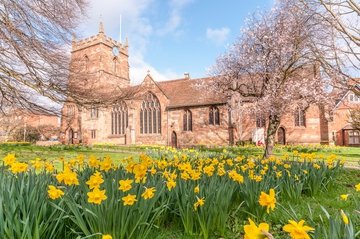
The Archbishops have updated their advice to churches following the lock-down that has been implemented by the Government.
Read more
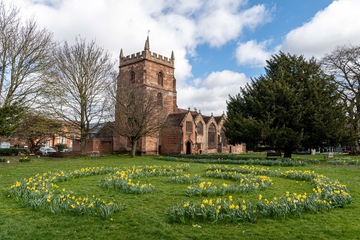
Following the cessation of Services in our Churches due to the Coronavirus situation we will posting a weekly Pew Sheet on the website each weekend.
Read more

The Archbishops of Canterbury and York are calling for Church of England churches to put public worship on hold and become a “different sort of church” in the coming months to face the challenge of coronavirus.
Read more
Please find below a new statement on Coronavirus, following the change of advice from the Archbishops’ Council yesterday.
Read more
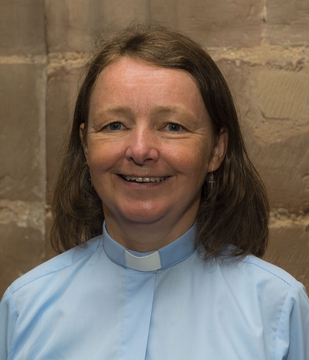
At St David’s we are preparing to celebrate one hundred years of Christian worship in the building in Comer Gardens. Originally the Comer Gardens Mission, the building was dedicated to St David on March 1st 1966, this particular saint being chosen as there was no other church in Worcester dedicated to him.
So what do we know about Saint David?
Read more
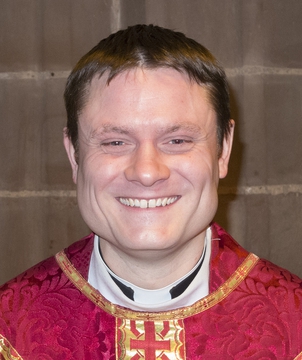
As he lay dying at Newark in October 1216, his authority in tatters and his realm engulfed by civil war, King John made his will. In it, he stated his desire that his body be ‘buried in the church of the Blessed Virgin and St Wulfstan at Worcester’. His original intention had been burial at Beaulieu Abbey, a house he had founded and whose monks desperately sought his corpse, but by late 1216 Hampshire was deep in enemy territory. So John, along with the earliest surviving English royal will (still held by the Cathedral Library), made his last journey to Worcester, secure and dependable, to be laid to rest beside the last Anglo-Saxon bishop and his patron saint, in a tomb he still occupies.
Read more
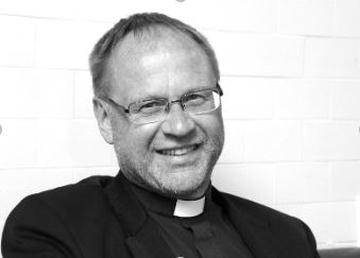
This month sees the week of prayer for Christian Unity, taking place from 18th to 25th January, an annual initiative in which churches throughout the world are asked to pray for one another as a way of growing closer.
Read more

In 1997, Birmingham City Council invented Winterval, a clumsy elision of ‘Winter Festival’ which ran through the winters of 1997-98 and 1998-99. The aim was to encourage people to engage in celebrations in the newly-rejuvenated city centre, encompassing various festivals which took place during the winter months, including Diwali (Hindu), Ramadan (Muslim), Hanukkah (Jewish), Chinese New Year and, of course, Christmas. For the country’s multi-ethnic second city, home to several different faith communities, the idea was not without merit. Church leaders, however, immediately criticised the idea in depressingly familiar terms, deeming it ‘political correctness’ and decrying the ‘sell-out’ to secularism.
Read more
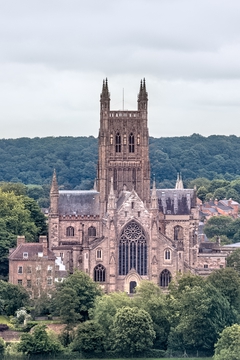
Join the conversation as to how ministry is shaped in the future.
Read more

Memory is a strange thing. Many of us – and not only those of more mature years – will find we can vividly recall events of many years ago, but forget things that happened yesterday, or even why we came upstairs five minutes ago! Memory can also be an illusion; do we really have that childhood memory, or have we heard the story of a certain event so often that we think we remember it?
Read more








